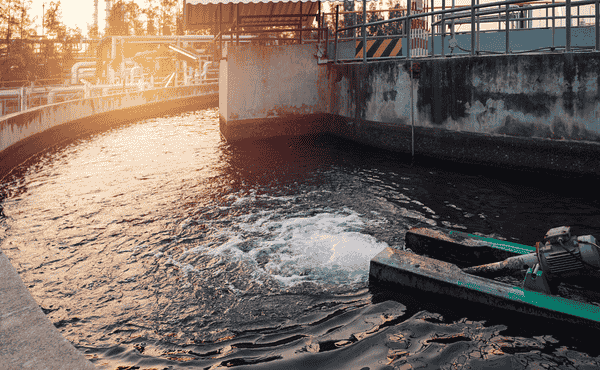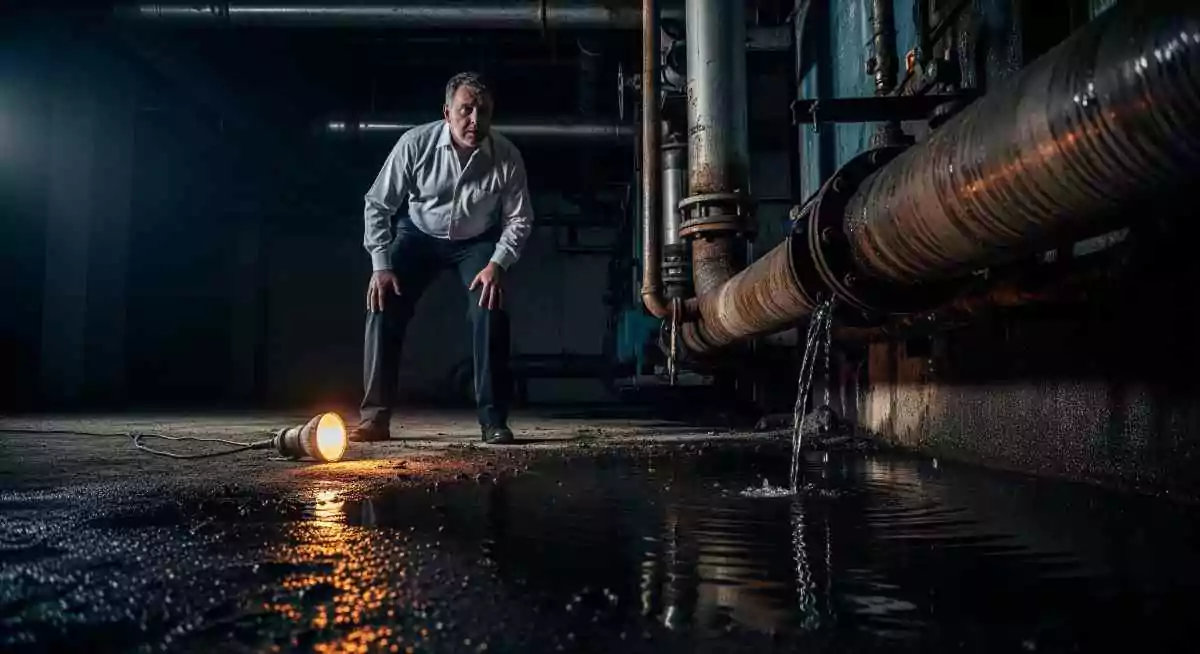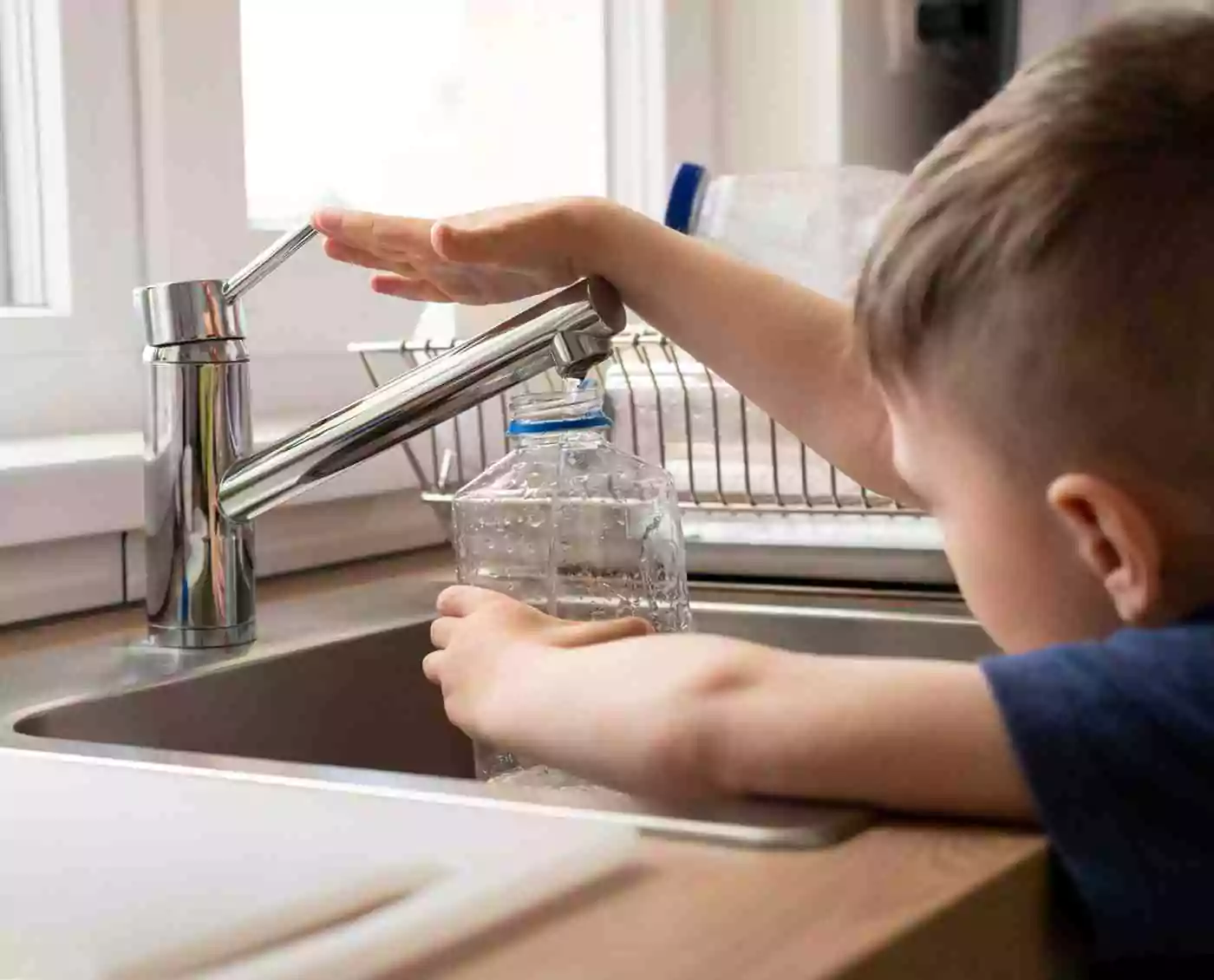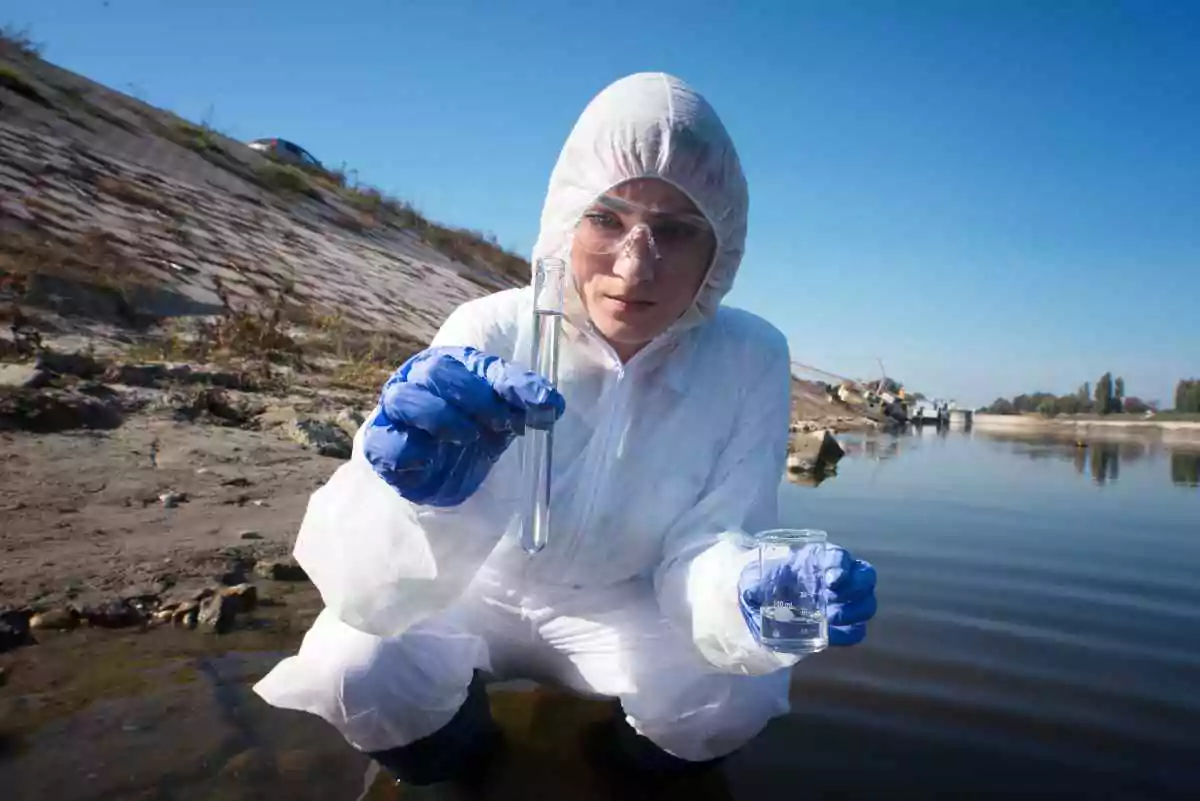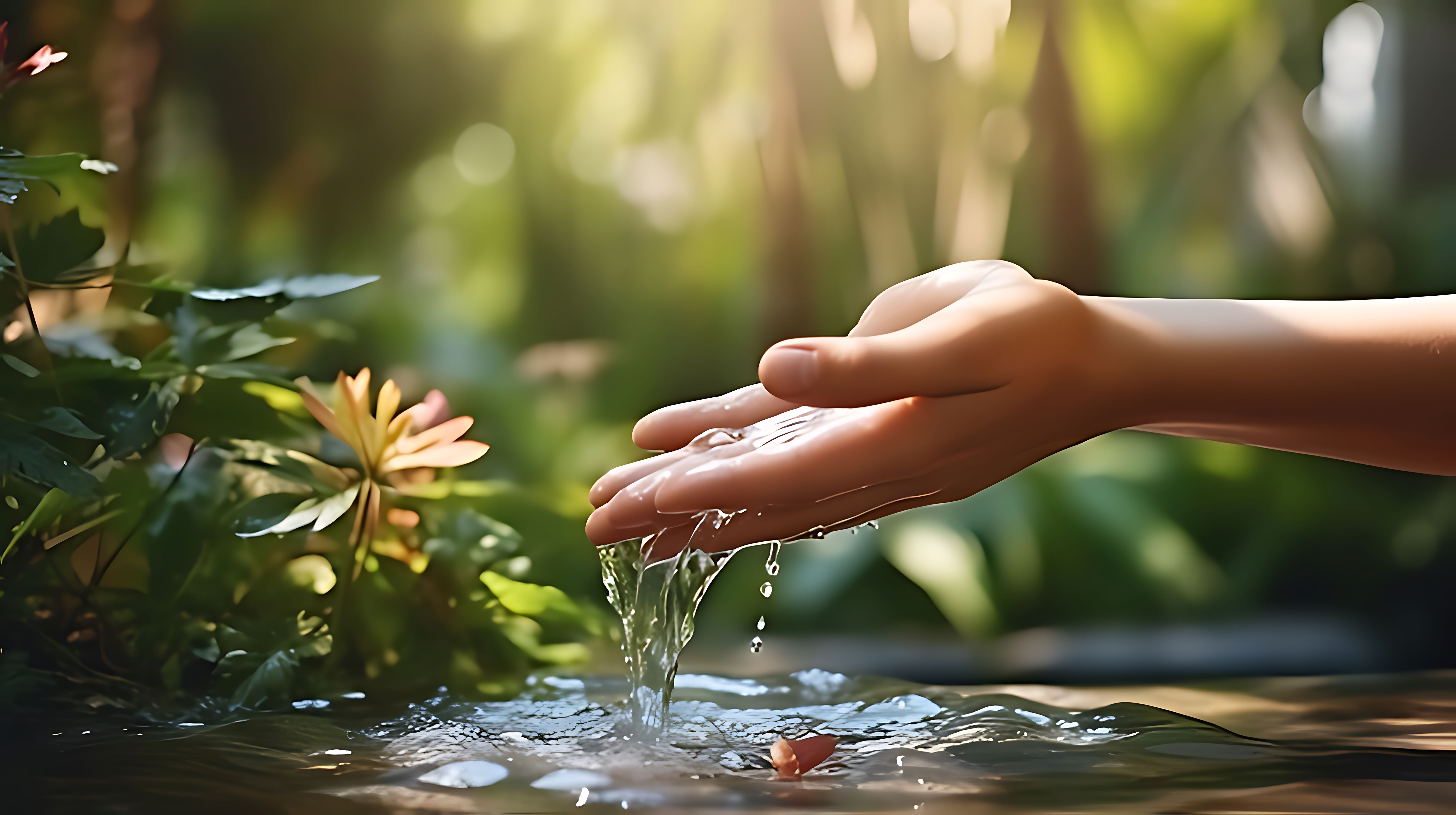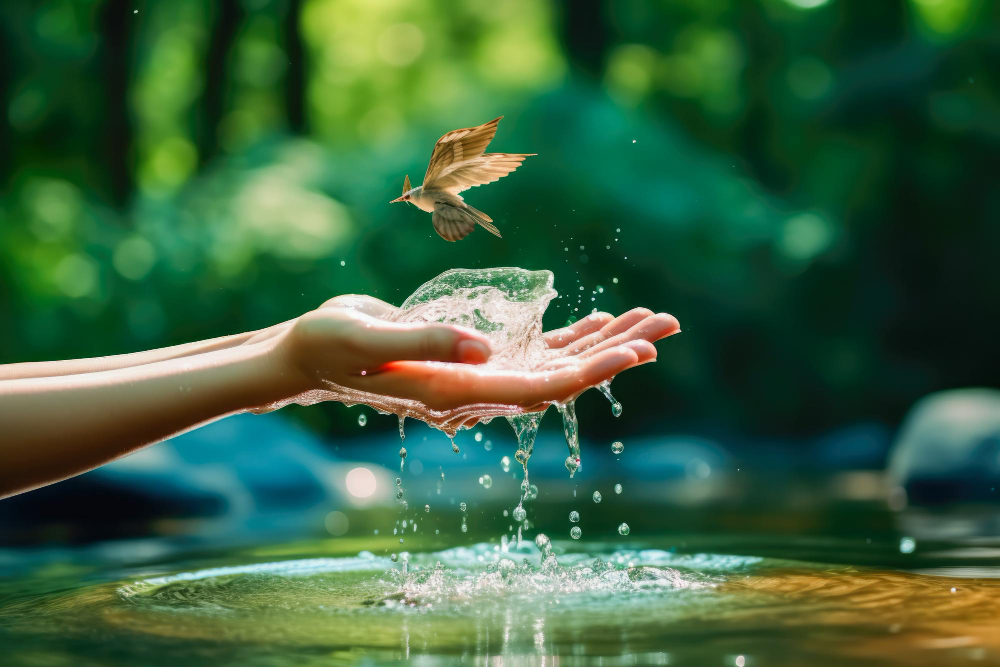Water Contaminants You Need to Watch Out For

Clean and safe water is essential for any business, from corporate offices to food manufacturing plants. Yet, water can contain a range of harmful contaminants that pose serious health risks.
Regular water testing is critical to detect these contaminants and prevent any adverse effects on employees, products or customers.
1. E. Coli Bacteria
E. coli is a type of bacteria commonly found in the intestines of humans and animals. While most strains are harmless, some, like E. coli O157, can cause severe illness, including stomach cramps, vomiting and even kidney failure.
A study revealed that 80% of stomach ailments in India are caused by contaminated water, making it essential for corporate offices to ensure that the water provided in their buildings is safe for consumption.
Water testing is essential to detect E. coli contamination, particularly in facilities where hygiene is paramount, such as food and beverage manufacturing.
2. Chemicals
Various chemicals, such as pesticides, fertilisers and industrial chemicals, can seep into water supplies, especially near agricultural or industrial areas. Chemical contamination can have long-term health impacts, including liver and kidney damage.
Regular water testing helps businesses identify and eliminate chemical residues from their water sources.
3. Faecal Matter
Faecal contamination in water is a serious health hazard that can introduce pathogens like E. coli, Salmonella, and others into the water supply. It’s a major concern for any facility that relies on untreated water or is located near sewage systems.
Routine water testing by a reliable water testing lab is crucial to detect and eliminate faecal contamination promptly.
4. Microbial Pathogens
Microbial pathogens, including bacteria, viruses and fungi, can enter water supplies through soil and animal waste. They can cause diseases ranging from gastrointestinal infections to more severe illnesses like hepatitis.
Regular water testing ensures that any microbial contamination is detected and managed effectively.
5. Nitrates
Nitrates enter water supplies primarily from agricultural runoff containing fertilisers. High nitrate levels are particularly dangerous for infants, potentially leading to a condition known as "blue baby syndrome." Conducting water testing for nitrates is crucial, especially for facilities near agricultural regions.
6. Lead
Lead contamination is a significant risk, often originating from old plumbing and corroded pipes. Even low levels of lead can cause developmental issues in children and various health problems in adults.
Regular water testing identifies lead contamination, enabling facilities to take preventive measures to protect occupants and employees.
7. Fluoride
While fluoride is often added to water for dental health benefits, excessive levels can lead to fluorosis, affecting bones and teeth. A professional water testing lab can help monitor fluoride levels in water to ensure they remain within safe limits, particularly in areas where fluoride is naturally occurring in groundwater.
These contaminants are serious threats, but they can be managed with a proactive approach. Regular water testing not only safeguards the health of employees and customers but also helps businesses maintain compliance with safety regulations. Partnering with a professional water testing lab ensures that your water is thoroughly analysed and meets the highest safety standards.
Maintaining safe water is more than just a legal requirement; it’s a commitment to the health and well-being of everyone who interacts with your business.


